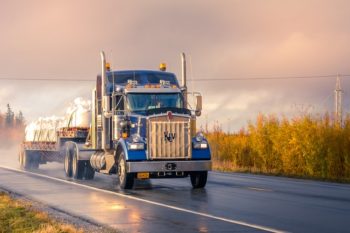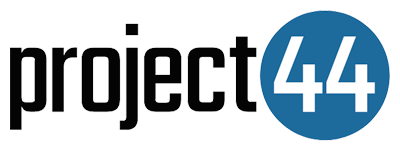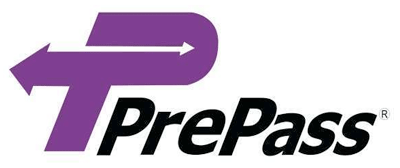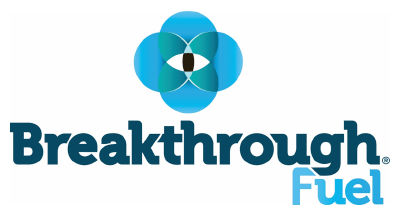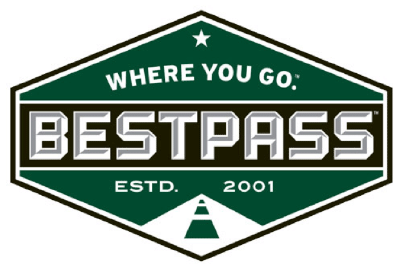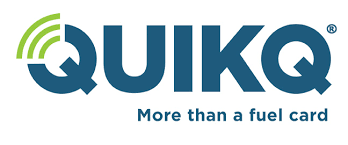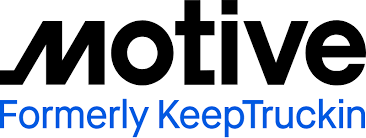by Alexandra Marx
Nuclear verdicts are blowing up the trucking industry, leaving behind harmful and expensive repercussions for trucking companies.
What are nuclear verdicts?
Nuclear verdicts are defined as jury awards that feature a penalty exceeding $10 million. In the trucking industry, these verdicts are typically given when there is a fatal crash between a truck and a car. Between 2010 and 2019, the number of trucks involved in fatal accidents rose to just over 5,000—a 43% increase (https://www.cnbc.com/2021/03/24/rise-in-nuclear-verdicts-in-lawsuits-threatens-trucking-industry.html). As the number of trucks involved in these crashes rises, so do the amounts of the jury awards. In the last 10 years, the average size of a verdict for a fatal crash has risen from $2.3 million to $22.3 million—a 1000% increase (https://www.cnbc.com/2021/03/24/rise-in-nuclear-verdicts-in-lawsuits-threatens-trucking-industry.html). Verdicts of these size are unmanageable for most trucking companies.
.
Accidents between cars and trucks can be caused by a variety of different factors, including safety malfunctions and weather. However, 81% of all truck accidents are actually caused by cars rather than trucks (https://policyadvice.net/insurance/insights/truck-accident-statistics/#:~:text=report%20to%20another.-,3.,drivers%20were%20assigned%20the%20fault.). In one particular crash in Odessa, Texas, a pickup truck lost control in a winter storm and crashed head-on into a tractor trailer that was simply driving in its own lane. However, the family that was injured in the pickup truck sued and the case resulted in a $90 million jury award for them. Thus, the trucking company that the tractor-trailer belonged to faced an unsurmountable cost in damages for an accident that was not the fault of the truck driver. This is only one example of the many in the recent years—and the numbers are only continuing to climb.
How is this affecting the trucking industry?
Verdicts like these—called “nuclear” due to their size—are taking a major toll on the industry. Mainly, they are causing insurance rates for trucking companies to skyrocket. Not only are the rates increasing, but so are the deductibles that the companies have to pay (https://www.cnbc.com/2021/03/24/rise-in-nuclear-verdicts-in-lawsuits-threatens-trucking-industry.html).
In response to the hike in insurance costs, smaller and medium-sized companies are forced out of business as they cannot afford those rates. Even larger companies are having to scale back on how much money they spend on insurance, which actively puts their trucks at a much higher risk with less insurance coverage. But if they want to stay in business, there isn’t much of a choice.
Federal law requires trucking companies to take out a minimum of $750,000 in liability coverage, but this is not nearly enough to cover the costs of these nuclear verdicts, should the company become involved in one (https://www.cnbc.com/2021/03/24/rise-in-nuclear-verdicts-in-lawsuits-threatens-trucking-industry.html). Some companies want to push for higher insurance minimums to make the jury awards more manageable, should they need it, but this again would actively drive smaller companies out of business who already struggle to afford the basic insurance costs.
Ideally, the government would put a much lower cap on the amounts of the jury awards in these nuclear verdicts. Many companies have begun to lobby state governments on the issue, but the response is slow.
How to avoid nuclear verdicts
Though they can’t be fully prevented, there are steps that trucking companies can take to protect themselves again the steep costs of the jury awards. The first move should be to improve the safety culture of the company.
A company’s “safety culture” is the combination of attitudes, priorities, policies, and procedures across all areas of the organization on safety control. Companies should ask themselves, “is safety the priority among all the other aspects of our business?” Improving the safety culture by addressing the foundations of their existent protocol and cracking down on its implementation can be a good way to make sure the company has a bulletproof baseline of safety control that a jury cannot find faults in.
In many nuclear verdict cases, investigations are immediately launched into the safety protocol enforced by the company to see if there are any faults that can give the jury a reason to declare them liable for a crash. The best way to approach this situation is to constantly keep up with the safety culture as if the jury is always watching. If the company can prove in an investigation that they have a history and a thorough program of safety, it can help diffuse the claim for damages significantly.
There is not a lot that trucking companies can do about the rising amounts of jury awards for fatal crashes, especially if the crash was caused by the other car, but what companies can do it put their best foot forward with an impenetrable safety culture to best protect themselves should they become involved in a fatal crash case.
« Back to Blog

